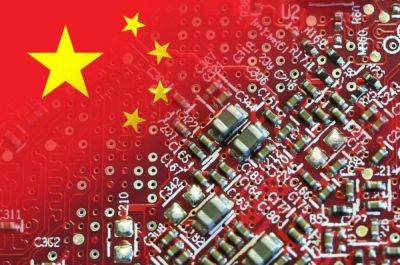The missing piece in US chip policy
Here’s a bit of an inside scoop: During the early days of the CHIPS Act, members of the congressional team responsible for drafting the act visited a US ally in East Asia with a substantial domestic semiconductor industry.
The head of the semiconductor industry association of that country, along with several government officials, expressed criticism on a few aspects of the plan during a closed-door session.
However, one point of criticism was particularly emphatic: The Chinese are seeking to dominate the market for less advanced chips, mature nodes (25nm and above), and the CHIPS Act does not address that. The stated goal of the policy is chip supply chain independence for the United States.
The Chinese will dominate 50% of the less advanced chip market by 2030 and by this fact alone, the United States will lose out on the supply chain control that it is aiming for.
While the CHIPS Act is not a bad initiative — in fact, it’s an excellent start — it is insufficient if the goal is to control our own chip manufacturing. We are funding companies that are investing heavily in profitable chips, yet our vulnerability concerning lower-tech, yet equally critical chips, persists.
These chips are fundamental components of critical everyday objects including medical instruments, cars, planes, and most importantly, military hardware.
The Chinese are taking the same economic strategy that they have repeatedly, but with a greater ferocity and a little more of a deliberate geopolitical angle than they usually do, that is, find a weak point in an industry, dominate the low-end, and then move up.
Their foundries, namely SMIC, the Chinese TSMC rival, are manufacturing the low-tech chips, before taking aim at more advanced nodes. The only







